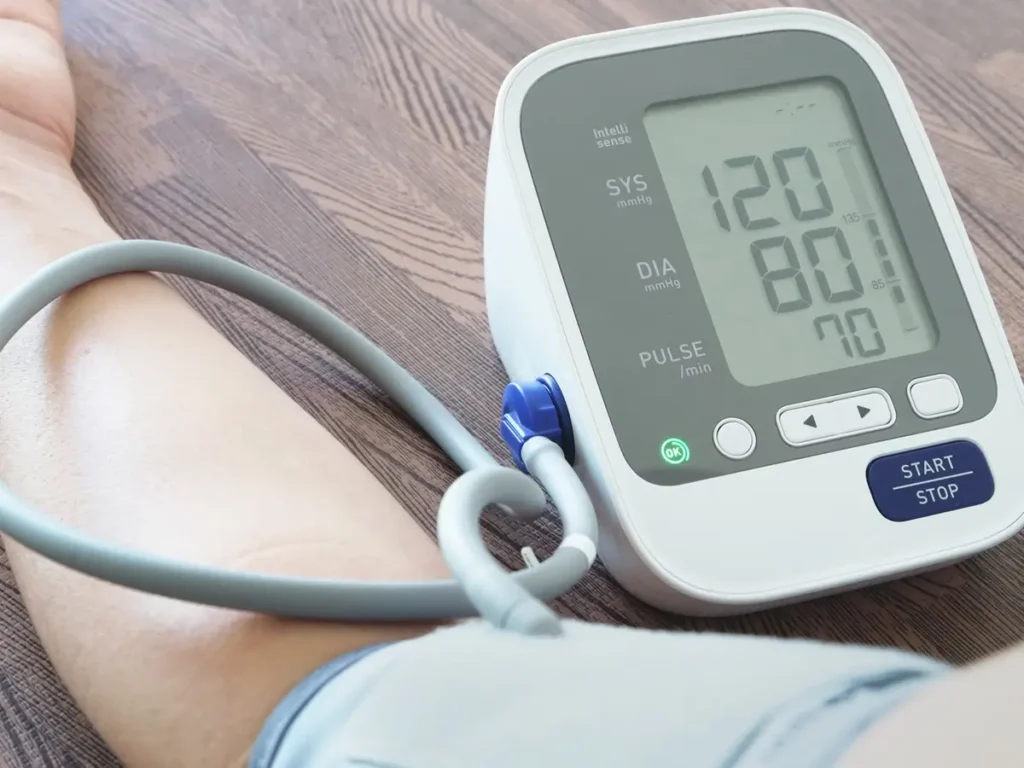Eat a Healthy diet
Take a mixture of foods, including fruits and vegetables, legumes, whole grains, and nuts. Adults should consume at minimum 5 portions (400g) of fruits and vegetables each day. It is possible to increase the amount of vegetables and fruits by including vegetables in your diet and eating fresh fruits and vegetables for snacks, and eating a variety of vegetables and fruits and eating them when they are in season. When you are eating well you can lower your risk of being malnourished and non-communicable illnesses (NCDs) like heart disease, diabetes cancer, stroke and more.
Use Less Sugar and Salt
Reduce your intake of salt to a maximum of 5g a daily, or roughly 1 teaspoon. It’s much easier to achieve this by limiting the quantity of salt and the soy sauce and fish sauce and other condiments with high levels of sodium when making meals, and removing salt seasonings, condiments, and salt from your dining table and avoiding snacks that are salty and consuming products with low sodium.
However drinking excessive amounts of sugar can increase the risk of tooth decay and weight growth. Both in children and adults it is recommended that the consumption of sugars that are free should be reduced. WHO recommends that you consume under 5% your total energy intake to reap added health advantages. You can cut down on the amount of sugar you consume by limiting your consumption of sweet candies, snacks and beverages that contain sugar.
Reduce Consumption of Fats that are Harmful to your Health
Fats consumed should make up less than 30 percent of your daily energy consumption. This will prevent overweight and NCDs. There are various types of fats, however unsaturated fats are superior to trans-fats and saturated fats. WHO suggests the reduction of saturated fats to lower 10 percent of the total energy intake, and reducing trans fats by less than 1 percent of the total energy consumption; and replacing trans-fats and saturated fats with unsaturated fats.
The most desirable unsaturated fats can be found in avocado, fish and nut oils, as well sunflower soybean, canola, and olive oils. The saturated fats can be found in meats that are fatty butter palm and coconut oil cheese, cream, ghee, and lard. and trans-fats can be found in fried and baked food items as well as pre-packaged food items like frozen pizza, biscuits, cookies and cooking oils, as well as spreads.
Don’t Smoke
Smoking tobacco triggers NCDs like lung disease heart disease, lung disease, and stroke. Tobacco causes death not just for smokers directly but also those who smoke via exposure through second-hand sources.
If you’re currently smoking, it’s not yet too late to give up smoking. If you decide to quit you’ll be able to enjoy long-term and immediate health benefits. If you’re not a smoker, then that’s excellent! Stop smoking and fight for the right to enjoy smoke-free and tobacco-free air.
Be Active
Physical activity refers to any bodily activity performed by muscles of the skeletal system that requires an energy expenditure. This is a reference to activities and exercise done when working, playing and doing chores at home, travelling and participating in activities for recreation. How much physical exercise that you need is dependent on your age however adults between the ages of 18 and 64 years must complete at minimum 150 minutes of moderate intensity physical activity every day. Increase moderate intensity physical activity to 300 minutes per week to reap additional health benefits.
Monitor your Blood Pressure Frequently

Hypertension, also known as hypertension, also known as high blood pressure is referred to as”silent killer” or “silent killer”. This is due to the fact that many with hypertension might not know about the issue, since they may not show any signs. If it is not controlled hypertension could lead to kidney, brain and other illnesses. Check your blood pressure frequently by a healthcare professional to keep track of your readings. When your blood pressure appears to be elevated seek advice from an expert in health. This is essential for the prevention and management of hypertension.
Respect the Traffic Laws
Accidents on the road claim more than one million lives all over the globe, and millions are injured. Accidents that cause injuries to the road can be avoided by a range of policies implemented by the federal government, including robust laws and enforcement, more secure vehicles and infrastructure as well as improved post-crash treatment. You can help reduce the risk of road accidents by ensuring that you adhere to the traffic laws like wearing an adult seat belt and child restraints for children wearing a helmet while on a bicycle or motorcycle as well as not driving while drunk and not using your phone when driving.
Use Antibiotics Only as Directed
Resistance to antibiotics is among the most significant health risks facing us in our time. As antibiotics become less effective bacteria, they become harder to treat, resulting in more expensive medical expenses, longer hospitalizations, and a rise in mortality. The effectiveness of antibiotics is diminishing due to misuse and excessive use for both animals and humans. Be sure to only take antibiotics as directed by a certified medical expert. Once prescribed, you must complete the prescribed days of treatment. Do not take antibiotics together.
Make Sure you Wash your Hands Thoroughly
Hand hygiene is essential not just for health professionals but for all. Hands that are clean can stop the spread of infections. Hand washing is recommended using soap and water if your hands are clearly filthy, or use a hand rub that is alcohol-based.
Make sure you Have Regular Health Check-ups
Regular checks can reveal illnesses before they become serious. Health professionals can assist you in identifying and recognize health issues earlier so that your odds of the treatment you need and healing are greater. Visit your nearest health clinic to look over the health screenings, services and treatments readily available.





